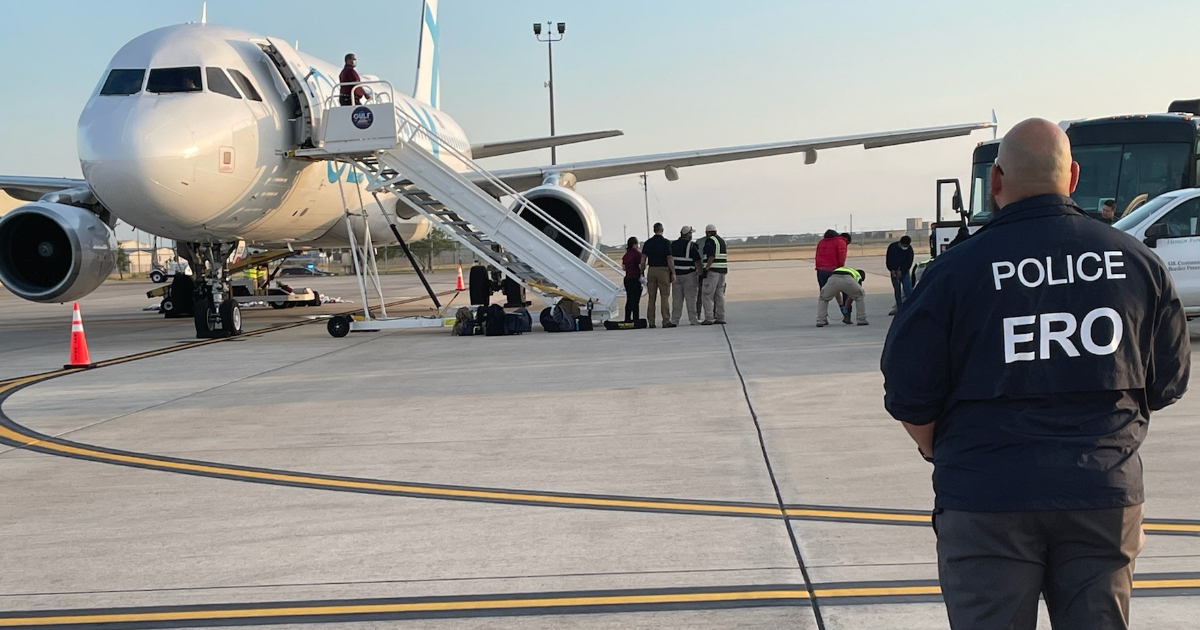Immigration attorney Willy Allen shared his insights following President Donald Trump's decision to extend the powers of the U.S. Immigration and Customs Enforcement (ICE) to expedite the deportation of immigrants who entered the country through humanitarian parole and CBP One programs. Allen believes that Cubans who arrived in the U.S. under humanitarian parole and are in the process of adjusting their status need not worry, thanks to the protections offered by the Adjustment Act. Those with I22A and who have filed for political asylum are also less at risk.
"The Cubans who might face concerns are those who entered through CBP One, haven't reached the year mark, have a court date, or missed the one-year filing deadline for asylum. They face a limited risk of being detained," Allen mentioned to the portal Café Fuerte. "For those who came via CBP One, the process might be accelerated. However, saying something and doing it are two different things. Nine hundred sixty thousand people entered through CBP One. It’s impossible to expedite trials for all of them or to detain them," he emphasized.
On Thursday, The New York Times reported on an internal memo from the Department of Homeland Security (DHS) revealing that Trump authorized ICE to quickly deport beneficiaries of the humanitarian parole and CBP One programs, which were initiated during the Biden administration. The document, signed by acting DHS Chief Benjamine C. Huffman, directs ICE officials to use enhanced powers to deport immigrants, even if they meet the conditions set by Biden's immigration policies.
This decision impacts over 1.46 million individuals who entered the U.S. with temporary permits starting in January 2023. The humanitarian parole program, which began for Cubans in January 2023, allowed the legal entry of approximately 531,690 immigrants, including 110,240 Cubans. This permit enabled them to reside temporarily in the United States, with opportunities to regularize their status under specific conditions. Meanwhile, the CBP One program, which allowed migrants to apply for asylum through a mobile app, facilitated the entry of more than 904,500 people.
According to the DHS memo, ICE now has the authority to revoke these temporary permits and proceed with deporting the beneficiaries, even if they have not exhausted their legal stay or have ongoing cases in immigration courts.
Understanding the Implications of Deportation Policies for Cuban Immigrants
What is the main concern for Cubans under CBP One?
Cubans who entered through CBP One and have not filed for asylum within the required timeframe or have upcoming court dates face a limited risk of deportation.
How does the humanitarian parole program protect Cuban immigrants?
The humanitarian parole program provides temporary legal entry to Cubans, allowing them to reside in the U.S. and potentially adjust their status under specific conditions, offering them a degree of protection.
What changes did Trump's administration implement regarding deportations?
Trump's administration gave ICE the authority to expedite deportations for those under humanitarian parole and CBP One, even if they comply with Biden's immigration guidelines.
